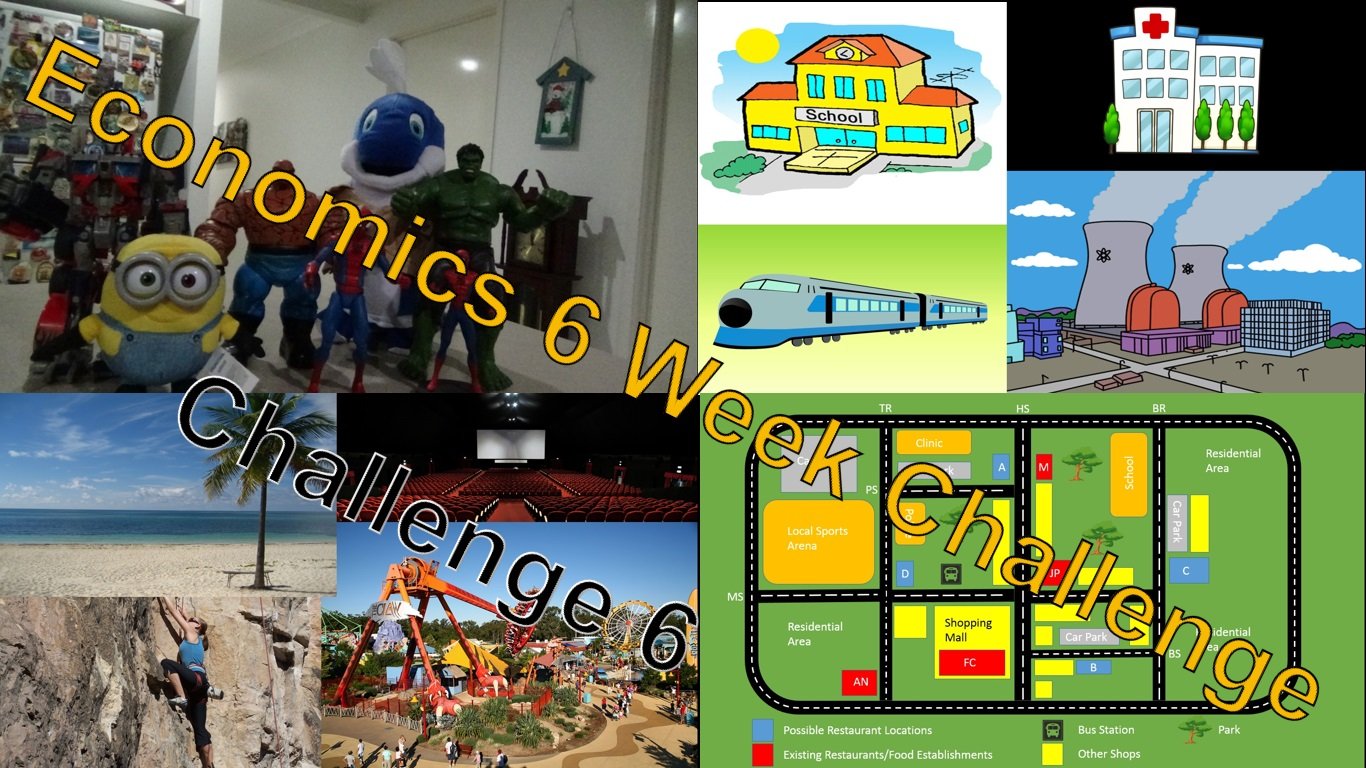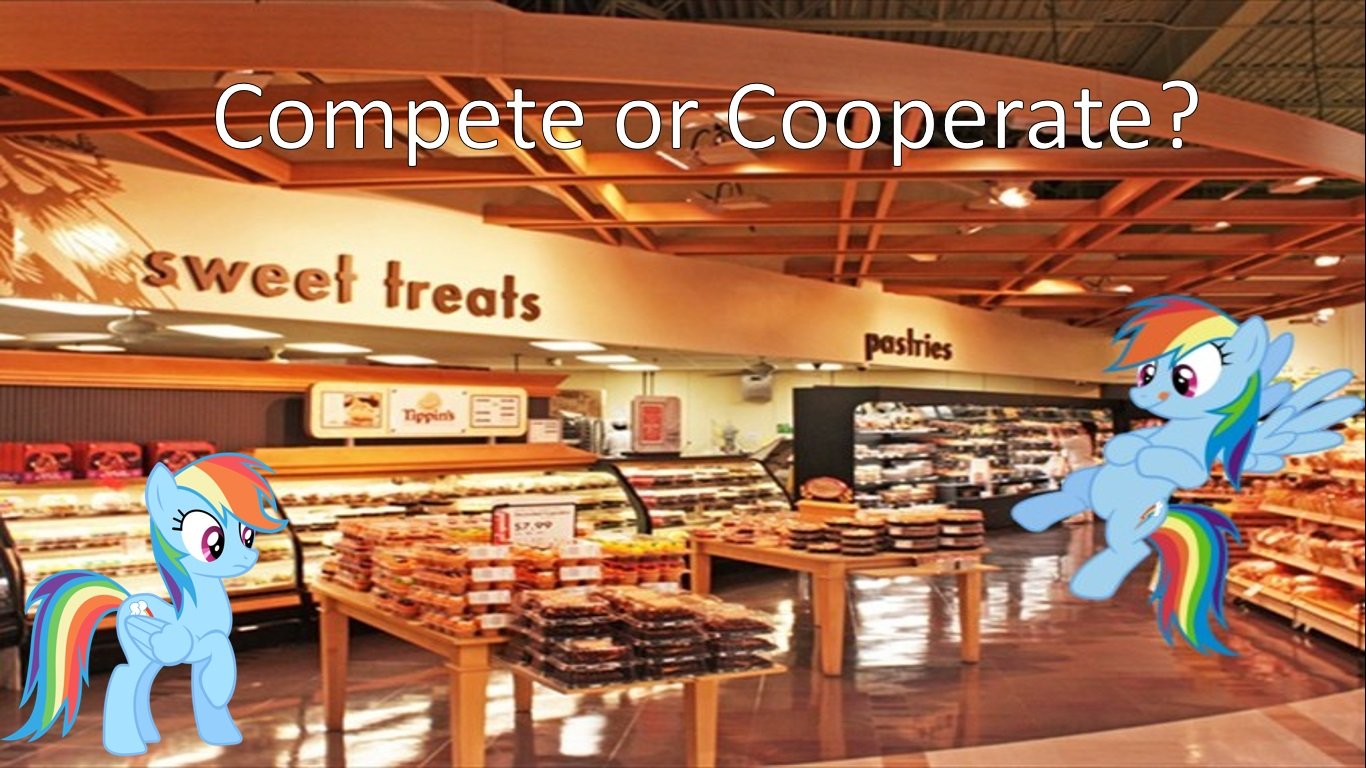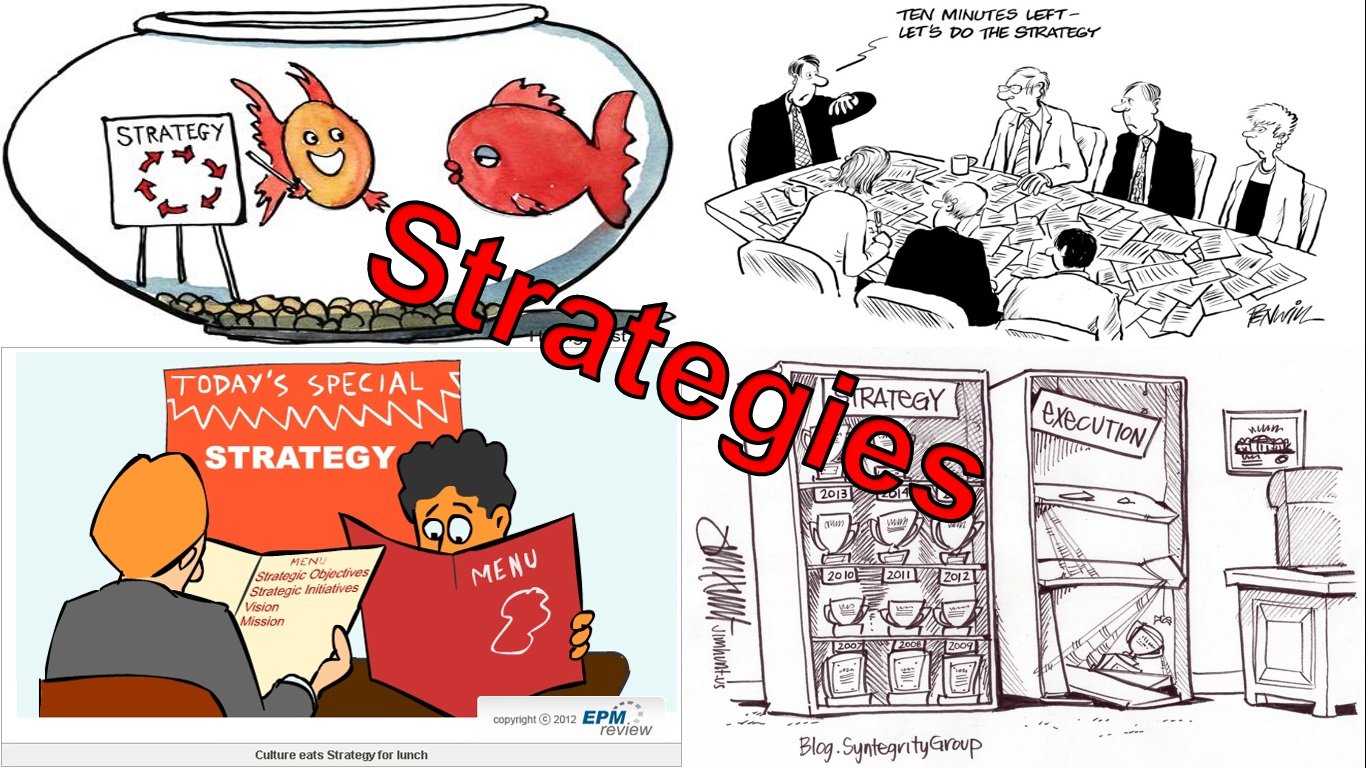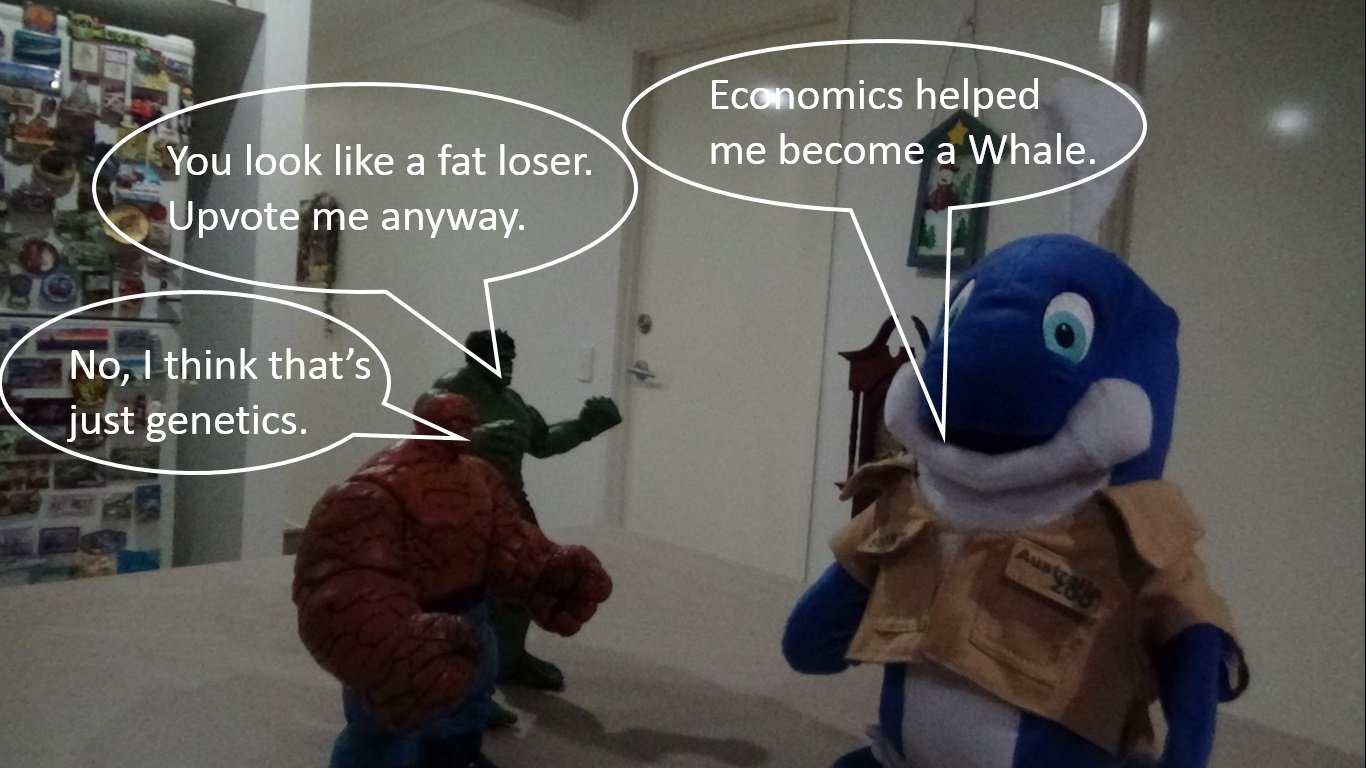Hi Everyone,

Welcome to the final challenge in my 6 week economics challenge series. Time has just flown and we are now left with just one more challenge. I hope everyone has enjoyed the challenges so far. I have attempted to capture different aspects of economics that hopefully most of you will find beneficial. Some challenges have required a descriptive approach to proposed actions and others have required a little more analytical approach. Economics draws on a variety of different skill sets.
The basics behind economics are not excessively complicated, though the terminology can be a little off-putting to some people. I hope this series has made economics a little more approachable and easier for everyone to understand and incorporate in their own lives. Remember economics is everywhere.
Voting for Challenge 5 has just commenced and the results of Challenge 4 will be released in a few days. The link to the Challenge 5 voting post is available at the end of this post.
A little about Spectrum Economics Channel
So just a quick introduction to my Steemit channel in case you are not familiar with my work. My content relates mostly to economics. I have a combination of technical, analytical, and theoretical posts. I often go into the application of economics and how we can use economics to improve our own lives. I also run several contests. I have puzzle contests that I try to run every week (these have been put temporarily on hold while I am running this series). I also have meme contests that I run monthly. Feel free to participate in these contests. The 6 week economics challenge series brings the economics and competition side of my channel together.
Challenges in the Series
Below are a list of the 6 challenges in this series (Challenges 1 to 5 have been completed and the dot point is a link to the challenge):
- Explain how you have or would adapt your lifestyle to a tighter budget.
- Explain how you gain value out of your life. E.g. watch movies, visit relatives, etc. Explain if you have a formula for happiness.
- Trading game - decide what you will buy or sell, whoever has the most money at the end wins a prize (results will be generated on a spreadsheet and presented in a video). Prizes will also be given out for presenting the logic behind each investment decision. This may sound confusing, don’t worry, the post will explain everything.
- Investment strategy - with the information provided in the post, explain which combination of investments you recommend. Mathematical explanation is optional for this challenge.
- Restaurant game - where would you set up your restaurant? What would you sell? How much would you charge? The post will provide more information on how you can go about doing this.
- Cooperation vs competition game – the post will contain several scenarios where either cooperative or competitive behaviour is possible. The participants need to decide which strategy is better and explain.
Prizes
For this challenge I will be giving away three prizes. These prizes are as follows:
- Top post based on the logic used to support strategies presented in the post wins 12 SBD (I’ll explain later in the post).
- Second placed post based on the logic used to support strategies presented in the post wins 8 SBD.
- Third placed post based on the logic used to support strategies presented in the post wins 5 SBD.
No voting this week as I am running short on time, this time I pick all the winners. The next post for this challenge will be the results post.
Challenge #6

So far we have had two challenges that have involved describing a particular approach to a problem, one challenge that has involved analysis to obtain the highest possible return and two other challenges that have both quantitative and qualitative elements. The approach to Challenge 6 is going to require the application of game theory but good answers are going to also require strong qualitative responses.
I am calling this challenge cooperation vs. competition. I have created an imaginary town called Dodo Town as well as 4 hypothetical firm. Participants are required to look from the perspective of each firm in regards to making a decision about whether cooperation or competition or even both cooperation and competition at the same time is the best strategy for each firm
If you have been following my account, you should be aware that I have several post regarding game theory. I wanted to create a challenge where participants can actually apply game theory to possible scenarios. Unlike the theoretical and mathematical versions of game theory that is taught in colleges. Real life application of game theory is very different because of the significant amount of unknown information.
In this challenge there are 4 bakeries. There is one large bakery that I have named ‘Thompsons’. There are two small bakeries that I have named ‘Yummy Yum Yum’ and ‘Draxton’s Cakes’. There is one medium bakery named ‘Best Buy’. It is important to note that ‘Best Buy’ is a newly opened bakery.
Information about each bakery

Thompsons
- Thompsons is a large bakery that produces a large range of mass produced cakes, pastries, and breads.
- As Thompsons mass produces they are able to obtain ingredients in bulk and at a much lower price than competitors.
- The mass produced cakes, pastries and breads are of a mostly high standard. Thompsons receives good reviews from most customers.
- Revenue and profits of Thompsons have been consistently rising as more people are switching to their low prices but reasonable high quality products.
Yummy Yum Yum
- Yummy Yum Yum is a small family owned bakery that makes a small range of cakes, pastries and breads.
- As Yummy Yum Yum is small, they pay a premium on obtaining ingredients and all products are handmade
- The price of their products are 50% higher than equivalent products sold by Thompsons.
- About 80% of Yummy Yum Yum products are very similar to those sold by Thompsons. The remaining 20% are completely unique to Yummy Yum Yum and so far have not been replicated by competitors.
- Yummy Yum Yum products are considered high quality but higher prices are causing them to lose customers to Thompsons. Even the completely unique products are losing sales.
Draxton’s Cakes
- Draxton’s Cakes is a small patisserie that makes a small range of cakes and pastries.
- As Draxton’s Cakes is a small business, they pay a premium on obtaining ingredients and all products are handmade.
- The price of their products are 40% higher than equivalent cakes and pastries sold by Thompsons.
- About 20% of Draxton’s cakes and pastries are very similar to those sold by Thompsons. The remaining 80% are completely unique to Draxton’s but the pastries are not difficult to replicate. That leaves only 30% of Draxton’s products (cakes) difficult to replicate as a mass produced product.
- Draxton’s Cakes is the first bakery to open in town and has established a very loyal customer base.
- Even high customer loyalty is not sufficient for Draxton’s Cakes to remain profitable. They not be losing many customers but are not gaining new customers as people not familiar with Draxton’s Cakes are choosing the lower priced Thompsons products.
Best Buy
- Best Buy is a medium sized new entrant.
- Best Buy sell a medium range of mass produced cakes, pastries and breads.
- Just like Thompsons, Best Buy buys ingredients in bulk at approximately the same price as Thompsons.
- Best Buy have the most up-to-date equipment which allows them to customise products far more efficiently than Thompsons.
- Best Buy do not have a very large customer base and have yet to turnover a profit but revenue is rising rapidly and Best Buy is expected to turn a profit in the next 6 months.
- Best Buy are able to replicate all of Thompson’s products at the same cost of production and therefore are selling them at the same price. Best Buy currently replicate 40% of Thompsons products. They have selected to replicate the bestselling products.
- Best Buy also has a unique range of cakes that can only be replicated using the machinery they own. This machinery is also available for competitors to buy but is beyond the budget of smaller competitors.
What I require from the participants
The participants need to decide if it is better to cooperate or compete or cooperate with some and compete with other bakeries. Participants are required to step into the shoes of all four bakery owners and decide the best approach. This may sound a little vague so I will provide a few examples of possible strategies.
Possible examples of how competition and/or cooperation could take place

Thompsons currently have an advantage over the two smaller bakeries but the new entrant (Best Buy) is a legitimate threat. This threat is in the form of customised and speciality cakes that Thompson are currently unable to provide. Thompsons could therefore compete with Best Buy by acquiring the technology possessed by Best Buy or they could neutralise this threat by cooperating with the smaller bakeries. Thompsons could further lower prices and try and drive Best Buy out of business before they are able to take root in the market.
Yummy Yum Yum and Draxton’s Cakes are currently fighting a losing battle against Thompsons. Cooperating with Best Buy could provide them with a life line, if they can lower costs and prices. Yummy Yum Yum and Draxton’s Cakes could also cooperate with Thompsons rather than compete with them. This arrangement could be more successful with the arrival of Best Buy as Thompsons are more likely to want to cooperate as they are under threat.
Best Buy could cut prices below all competitors and possibly make a loss by growing their customer base quicker as well as gain greater exposure for their own unique products. Best Buy could cooperate with the smaller bakeries to increase their economies of scale as well as increase their own customer base quicker by being associated to the established but smaller bakeries. There could also be an opportunity to partner with Thompsons so that Thompsons can utilise the more advanced production equipment and Best Buy can gain access to their customer base.
These are just a few possible examples to give participants a general idea of the possible competition and cooperation strategies, the possibilities are almost endless. Participants are free to adopt and develop the above examples or be creative and invent their own strategies of potential competition or cooperation (good unique responses will be looked upon more favourably). Competition strategies should be relatively straight forward. Cooperation strategies are likely to be more complicated as it requires other bakeries to also want to cooperate.
I would also like participants to consider both the short-term and long-term success of discussed strategies as well as when a possible change in strategy could occur, e.g. Yummy Yum Yum goes out of business.
To wrap up the response, I would also like the participants to express whether they think the arrival of Best Buy (new entrant) is good or bad for the existing bakeries. Is the arrival of Best Buy good for all, bad for all or good for some and bad for other existing bakeries?
To help participants I have provided links to my game theory posts at the end of this post.
How to Enter
This is your last chance to enter a Spectrum Economics challenge. The next series of challenges will not be for quite a while, so I recommend you go all in.
All you need to do to enter is:
- Create a post addressing the requirements of Challenge 6.
- Use the tag #sixweekeconomics in your post.
- Include Economics Challenge 6 in the title of your post.
- Post a link to your post in the comments section of this post.
- Upvote this post.
The closing date and time for Challenge 6 is 6PM USA Eastern Time 10/05/2018. Responses after this time will not be accepted.
Objectives of the series
A key objective of this series is to bring economics closer to everyone. Economics is not something that only old men waffle about at universities or is only discussed in financial magazines or academic journals. Economics is something that is all around us and it is important for all of us to understand so that we can make the most out of our lives.

This time I am going with something relevant to Steemit users. The Steem Whale is telling his friends about how economics has made him a very successful Steemian. Correct application of economics can also help you become successful as well.
Game Theory Posts
Below are the links to all my Steemit game theory posts. I hope these inspire you to come up with some great strategies.
Game Theory - Winning Strategies
Controlled Opposition Explained as a Game Theory Strategy
Game Theory - Mixed Equilibrium
General Equilibrium Theory - Understanding the Basics
Game Theory #2 – Prisoner’s Dilemma
Game Theory #4 – Battle of the Sexes
Game Theory #6 - Triple Threat (Work-in-Progress) Idea
Good luck in the challenge, if you have any questions feel free to comment below. I am more than happy to address any queries you may have.
Challenge 5 Voting Post
You can vote for your favourite post for Challenge 5 using the following link. I hope you enjoy them, the quality of the responses for Challenge 5 is quite high.







